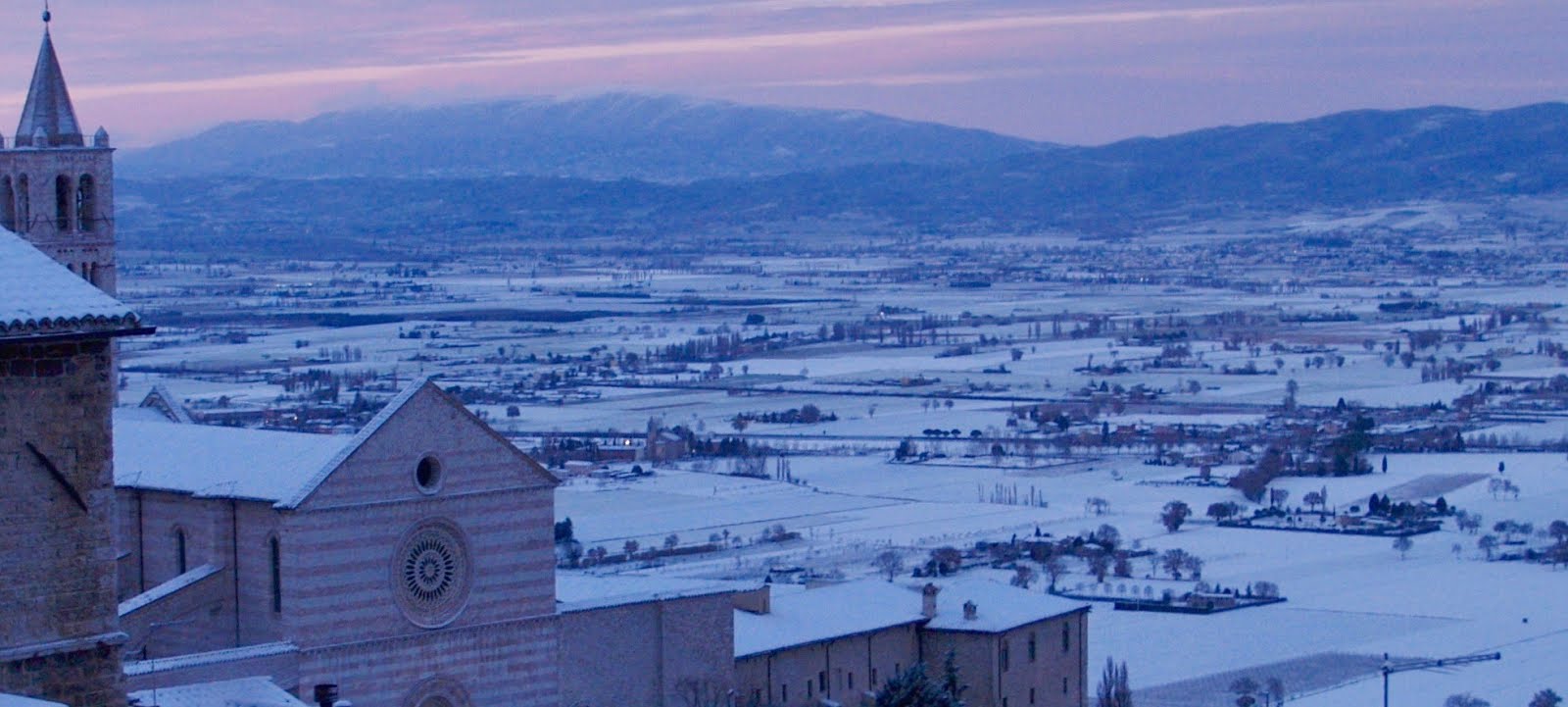There are all kinds of laws. There’s a law that limited your speed to 35 MPH on Mechanic Street and 55 on 190. Another that says you should go to Church on Sunday and a third that requires that our fire alarms ring at the fire house in case there’s a problem in the attic.
Sacred laws, of the sort loved by the Pharisees, regulated all the jots and tittle of everyday life, like when to wash cups and hands and kettles and beds. And so we hear Jesus take on the Pharisees who emphasize, above all else, obedience to the law. Above all else.
I was a bit of a Pharisee when I was in middle school. Good people, I reasoned, obeyed the law….all laws in all circumstances, and there were no excuses. I still find remnants of such a view in my life. I was going to the dentist last week and came to a crosswalk where the light said DON’T WALK. As far as the eye could see, and my eyes could see quite a distance in each direction, there were no cars coming. But I still waited for the WALK sign, because it was the law.
Now I’m not usually so pharisaical in my approach to the law, but every once in a while I do find myself letting the inflexible fifth grade boy come out to play, painting the world as black and white, with really distinct borders.
But most of the time I let go of such a childish view of the world, realizing, with some nuance, that law is not an end in itself, but a means to promoting and protecting what really matters.
For example, the speed limit on Mechanic Street is designed to keep me from having an accident and doing great damage to your car, or running off the road and up the stairs and down the main aisle of this church in my green Subaru. The value is the protection of human life and property and the maintenance of good order where we can all go about living our lives in peace.
But let’s say that your wife is in active labor and you and she and the soon to be born baby are still 2 miles from Leominster Hospital and you push the accelerator a bit beyond 35 in order to get there before the baby. I’ve never met the policeman who would write you a ticket for doing 42 in order to get to the hospital on time.
Or what about the law that says you should go to Church on Sundays and Holy Days of Obligation? Remember in the first days of COVID when we couldn’t have more than ten people in Church? Certainly it was not a sin to quarantine at home. Or what about the 91 year old lady I visited yesterday who needs someone to go out to do her grocery shopping. Did she commit a sin by not taking an ambulance to Church this morning?
The law which obliges us to celebrate Mass on Sundays is designed to fulfill the Lord’s command to “Do this in memory of me” and to “keep Holy the Lord’s Day.” And I know no Pope or priest who would blame you for not doing the impossible!
Or what about last week, during that extraordinary storm, when the downspouts were overwhelmed with water in the course of just a few minutes. You should have seen it. The water backed up into the attic and came running down that column. It was like a waterfall in the middle of Church and it created a mini-Lake Cecilia on that side of the Church.
But as the water cascaded to the floor it hit a heat sensor, which triggered the fire alarms and flashed the lights and blared the sirens both here and in the fire station, followed by the arrival of three fire trucks and the nicest fireman any town has ever blessed with.
That law worked, because it was designed to make sure we would not burn down, but no fireman suggested he would take us to court. Rather they disconnected the alarm until we could stabilize the flood and dry out the sensor and then Mr. Poirier’s crew reconnected it the next day. A few fifth graders may have been distressed that we had turned off the alarms for a day, but, as the fireman understood, the whole point of the law is to preserve a value which lies beneath it. Which is just what we did.
And that’s what Jesus is pointing out to the Pharisees. They are more concerned with the observance of the jots and tittles of the law, than promoting the larger issues that lie beneath.
Sure, your pots are nice and clean and your hands are washed, Jesus says, but what about your envy, blasphemy and arrogance. Maybe you should spend a bit more time worrying about the evil desires in your own heart than you trying to indict your neighbor on the commission of a misdemeanor.
For, as the Code of Canon Law, the book of laws which governs the life of the Church, says so beautifully, “Salus animarum suprema lex esto.” — “The salvation of souls is the supreme law.” It’s all about faith, hope and love, and the greatest of these is love.




